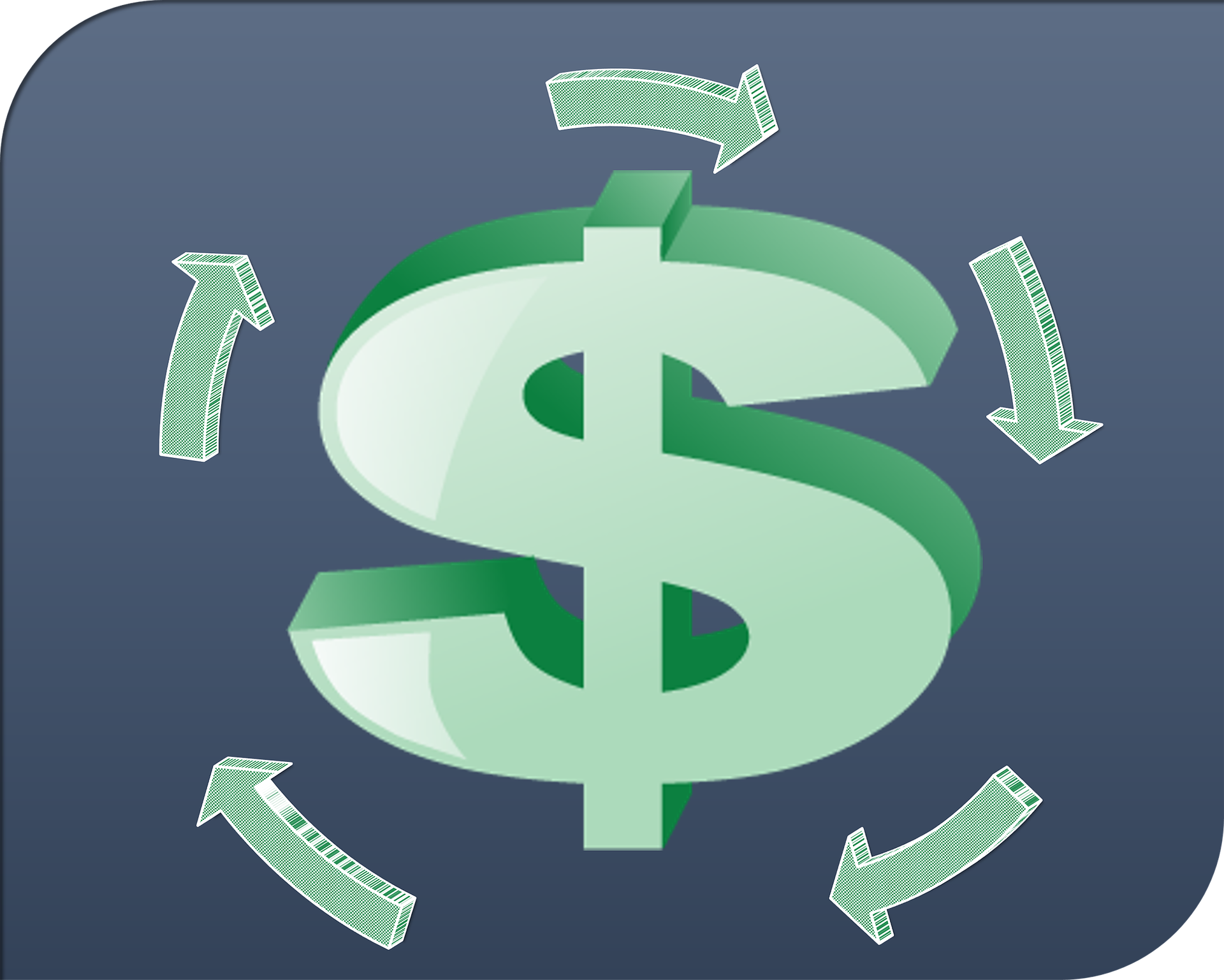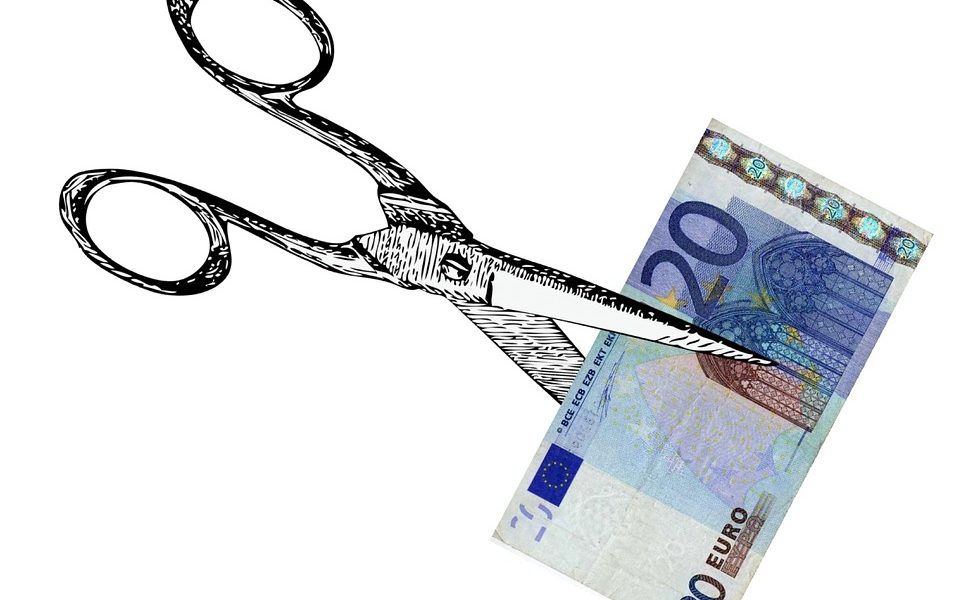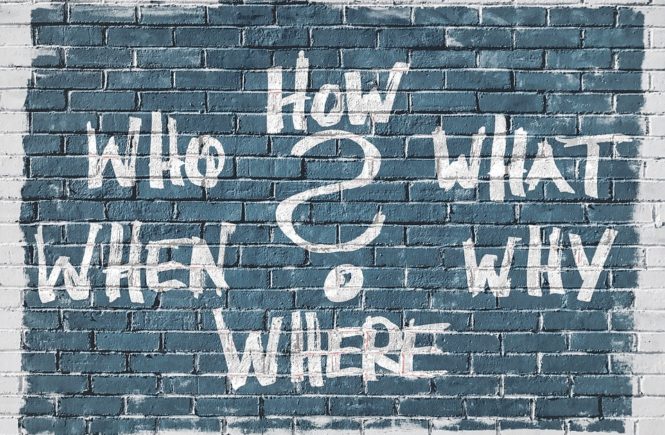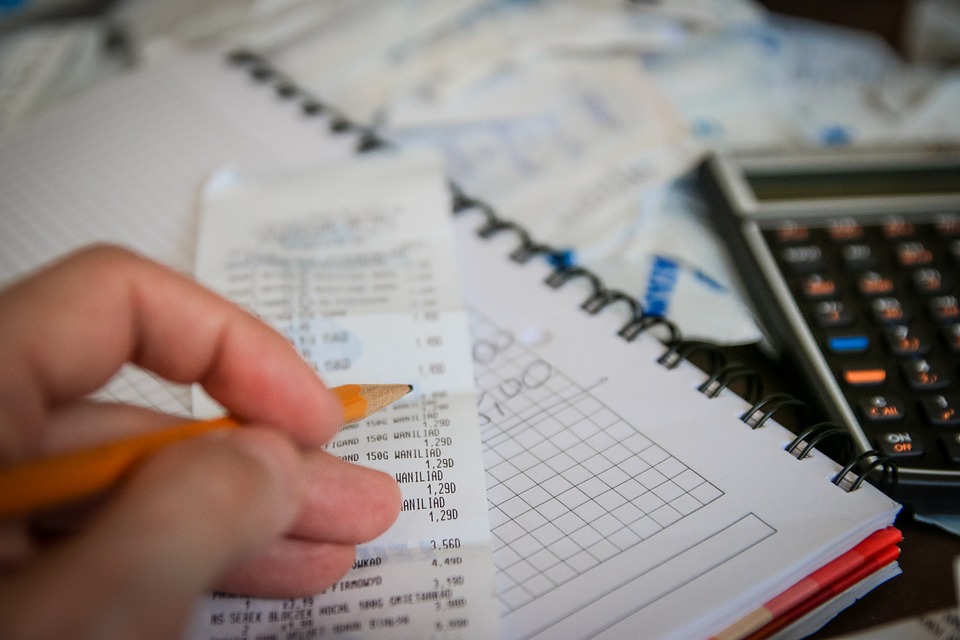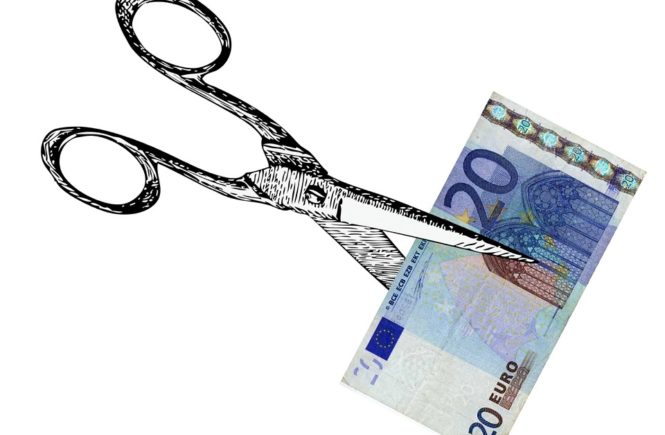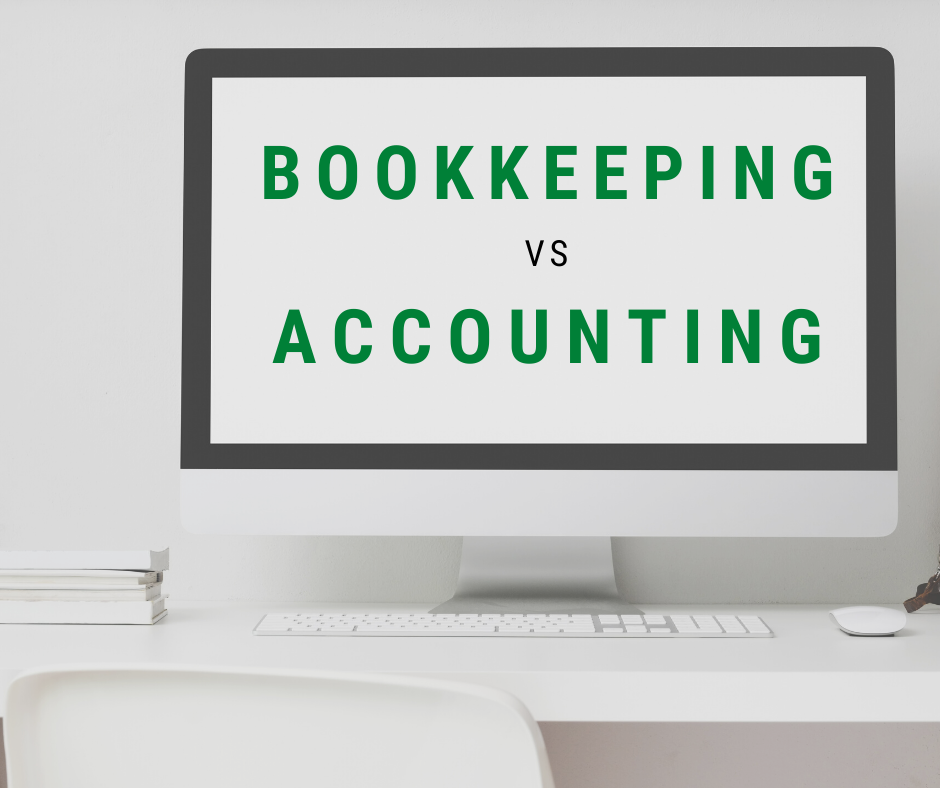
The terms bookkeeping and accounting is almost always used interchangeably in the small business industry. There is a difference in bookkeeping and accounting in business. Businesses need both bookkeeping and accounting functions and will get greater results by having both.
Bookkeeping is recording business transactions in the general ledger, the books or software program that contains all the financial transactions for the firm since its operation started.
Accounting is the process of interpreting, measuring and communicating the results of the business activities to the owners.
Bookkeeping
Bookkeeping is the day-to-day process of recording and categorizing transactions, and reconciling bank statements. Bookkeepers enter sales, generate invoices, expenses, cash and bank transactions of the business into an accounting system, which post transactions into the ledger accounts. An important habit to develop when the business starts is recording all transactions into an accounting system. Accuracy is very important to the company’s finances.
The complexity of the bookkeeping process will depend on the size of the business and number of transactions, daily, weekly, and monthly.
To provide adequate financial information for the company accountant to generate financial statements and file taxes, the following accounts should be setup:
- Cash
- Bank
- Accounts Receivables
- Inventory
- Accounts Payable
- Loan Payable
- Income Accounts
- Expense Accounts
- Owners’ Draw
Bookkeeping Methods
There are two methods of bookkeeping, single-entry and the double-entry. Most business use the double-entry bookkeeping systems where every transaction entered to an account has correspond opposite entry of a different account: (1) debit entries to one or more accounts and (2) credit entries to one or more accounts.
For example: a purchase of $39.00 for gas would be posted to two accounts; a debit entry to an expense account for Car expenses, and a credit entry to the Bank account/or Cash account.
The important factor for accounting is that the total dollar amount of the debit entries must be equal to the credit entries. To ensure accuracy and efficiency it is usually best for the bookkeeper to work closely with an accountant.
Accounting
Accounting is the process of interpreting, measuring and communicating financial information. It provides the business owner with information about the allocation of the company resources, finances and the results achieved during a specific period.
The accounting function is to prepare, analyze and interpret the company financial health. The accountant use information provided by the bookkeeper to generate financial statements and presentation to support the financial status of the company. Another function of accounting is the preparation of tax and other required financial report or materials as per the company’s needs.
Accounting Methods
There are two methods of accounting, cash basis and accrual basis. The accrual basis account should be used if a business has inventory or is subjected to audit according to the General Accepted Accounting Principles (GAAP), established by the Financial Accounting Standard Boards (FASB).
Cash-based accounting records revenue when it is received and records expenses when they are paid. This method is simpler than accrual basis accounting and is usually limited to businesses in the service industry that has no inventory.
Accrual basis accounting method records revenues when it is earned, and records expenses when it is incurred. The important concept in accrual accounting is the matching principle. Where Revenue is offset with all expenses incurred in generating the revenue, thus providing a measure of the overall profitability of the activity during an accounting period.
Most small businesses outsource the accounting function and, in some cases, neglect the bookkeeping functions. In some small businesses both the bookkeeping and accounting functions are outsourced. If the business outsourced both bookkeeping and accounting, the owner needs to be familiar and understand the reports from the process.



